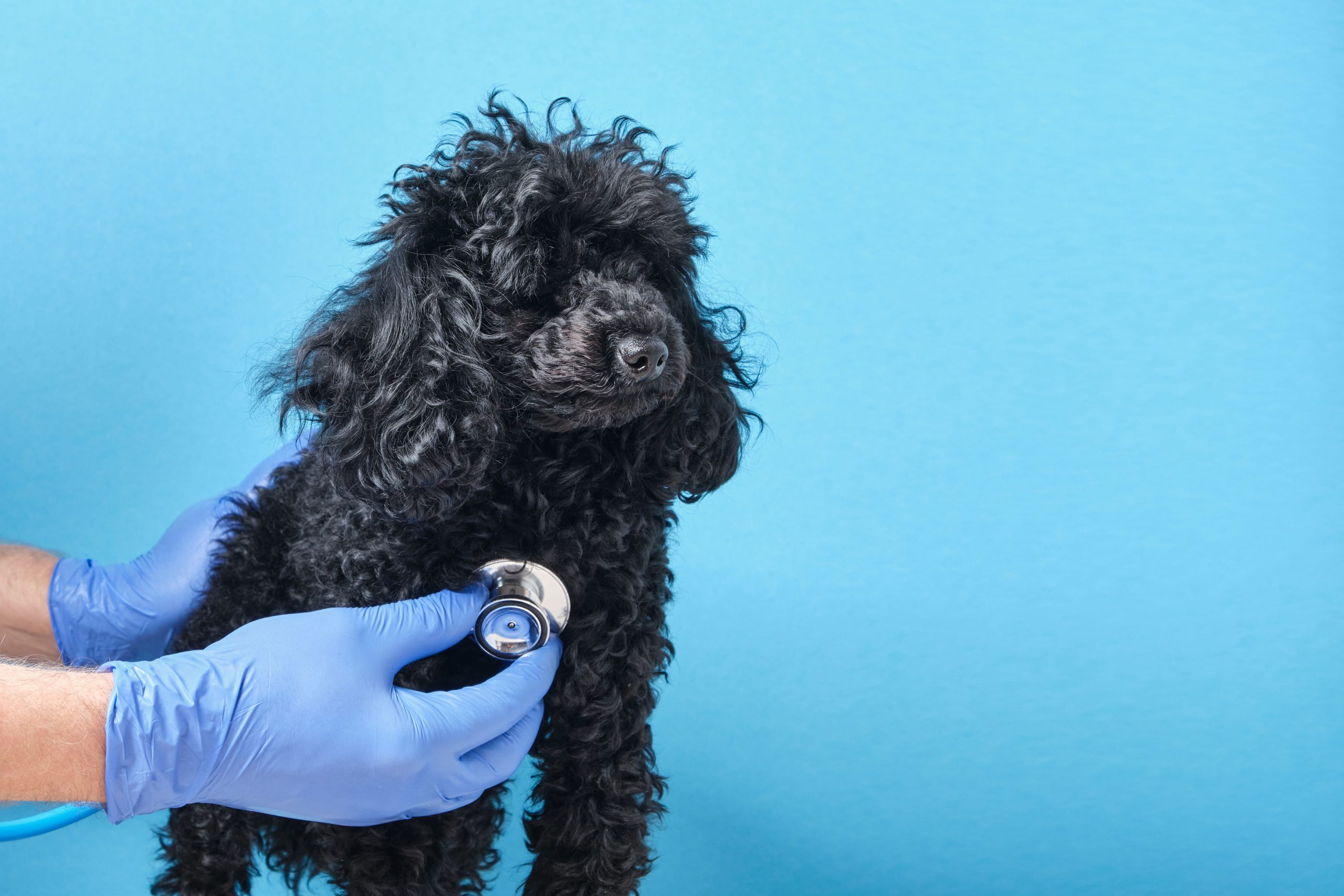Cancer and neoplasms
Not an oncologist? What you should still know about chemotherapy emergencies
Natasha / stock.adobe.com
Rachel Venable, DVM, MS, DACVIM (Oncology), founder of Pet Cancer Care Consulting, expressed the importance of knowing how to deal with chemotherapy adverse effects, even if you do not normally work with cancer patients. In her session at the Directions in Veterinary Medicine symposium in Nashville, Tennessee, she stated, “I know sometimes you may feel that if you don’t do chemotherapy in practice, then you don’t really need to know side effects. But the thing is, even if you don’t give chemotherapy, that doesn’t mean the patients that you help take care of aren’t getting chemotherapy from somewhere else. And that can be really important because I find often pet owners like to go back to their family [veterinarian]. They’re just really comfortable, they have a good relationship with you, or you’re closer or you have better hours. So I do think even if you don’t like chemotherapy, that doesn’t mean you’re not going to see any of these side effects.”1
In general, Venable told attendees to keep in mind that animals tend to do well after chemotherapy. She stated that 85% of dogs experience little to no adverse effects, while 5% need to be hospitalized, and less than 1% die. Venable did mention that these numbers can fluctuate a bit depending on the chemotherapy drug used but are generally around these statistics.
Although most patients will not experience serious or severe adverse effects, Venable wanted to make sure veterinary professionals were still prepared for that 5% of hospitalization. Venable told attendees about an acronym called “BAG” to help veterinary professionals remember the most common chemotherapy adverse effects:
- B is for Bone marrow.
- A is for Alopecia.
- G is for Gastrointestinal upset.
Bone marrow suppression
Bone marrow suppression can occur because of the rapidly dividing cells in this area being at risk of attack while on a chemotherapy treatment. Venable stated, “Neutrophils are the big cell line that we worry about. It’s because they have the shortest half-life. I always think of them as the ‘canary in the coal mine:’ They’re the ones that are going to go down first. So whenever you’re talking to an oncologist about bloodwork, that’s the thing we care about the most.” Concerning neutropenia is when the neutrophils dip below 1000 because this is where risk of infection becomes a crucial concern.2 When a patient currently on chemotherapy comes in feeling sick, Venable recommended running a complete blood count to check for leukopenia and neutropenia. According to Venable, this adverse effect will typically occur within 7-10 days of starting chemotherapy, with some drug exceptions.
If you do find that the patient’s neutrophils are low and they developed a fever, Venable recommended that they be hospitalized. “Things can get critical if we don’t do anything about it. Generally, they only need to be in the hospital for less than a day or so, it just depends on how they respond. For most [patients], just putting them on IV fluid makes that fever goes away. We will also put them on an antibiotic,” she said. “We will send them home once the fever goes away and once their neutrophils are trending up. The neutrophils don’t have to be completely normal, because it can just take time, that could take a few days.” If the neutrophil count is not going up, you may need to run more tests and see if there is an infection somewhere else or if there is another antibiotic to treat the patient with.
Alopecia
Alopecia is when there is hair loss after chemotherapy, but it is more of a cosmetic concern. Dogs with hair-like fur can experience alopecia more often like poodles, old English sheep dogs, schnauzers, Shit tzu, Bichons, Yorkies, and more. “Anywhere you shave after surgery will take longer to grow back. A lot of times [patients] lose their whiskers. I’ve never had a dog owner complain about that, but cat owners notice that a lot. I’ve never had any cats have issues, even when they lose their whiskers.” Venable advised that this adverse effect just requires client education so they are aware this may happen, but it is usually not something to panic about.
Gastrointestinal upset
The gastrointestinal (GI) tract can also be affected by chemotherapy treatment because of the rapidly dividing cells in this area. GI upset usually takes a few days to occur, but with some drugs, there can be immediate reactions. “It can cause vomiting or diarrhea. Generally, it’s more mild, but sometimes it can be severe,” Venable said. To treat, monitor for potential dehydration and send clients home with anti-nausea and anti-diarrhea medications.
However, if the GI upset is a severe case, Venable suggested running more bloodwork. “Because you might see some more acidosis and maybe other things you need to correct. You might need to hospitalize if it’s quite severe, but generally speaking, it’s pretty mild. Usually we can change it just with diet. So a lot of times we tell people just feed bland foods,” Venable said. “If they do have severe stomach upset, we do want to try to stop that as much as possible. Because if their white cells are going down at the same time, that’s when you can really get stuck in those bad emergencies situations.”
References
- Venable R. Chemotherapy Emergencies and Side Effects. Presented at: Directions in Veterinary Medicine; Nashville, Tennessee; September 15-16, 2023.
- Gustafson, Daniel and Bailey, Dennis. Chapter 12: Cancer Chemotherapy. Withrow & MacEwen’s Small Animal Clinical Oncology. [ed.] David Vail, Douglas Thamm and Julius Liptak. 6th. St. Louis : Elsevier, 2020. pp. 182-208.

